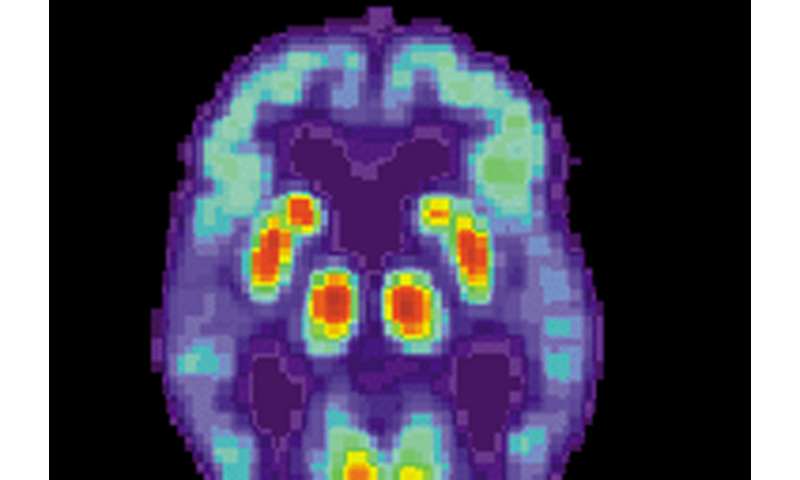
A gene that can become mutated and cause a rare balance disorder also regulates the behavior of an enzyme that increases the risk for Alzheimer’s disease (AD), according to a new study by researchers at Massachusetts General Hospital (MGH) to be published in the journal Cell on August 22, 2019. This discovery may help to identify new targets for experimental medications designed to delay or stop the onset of AD.
In 2008, neuroscientist Rudolph E. Tanzi, Ph.D., director of the Genetics and Aging Research Unit and co-director of the McCance Center for Brain Health at MGH, and his colleagues identified several genes that are…


























